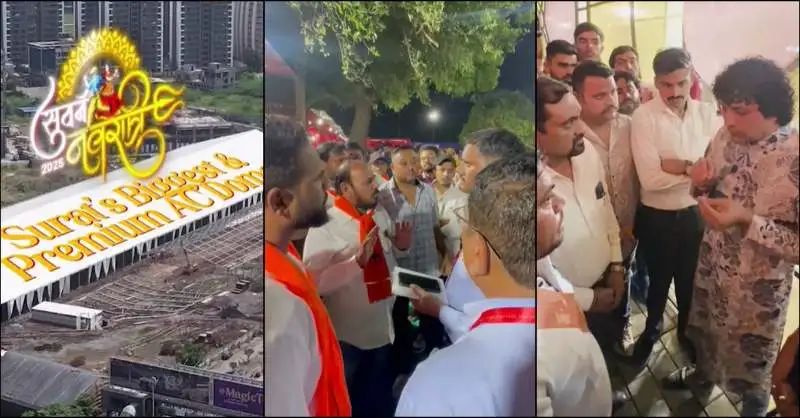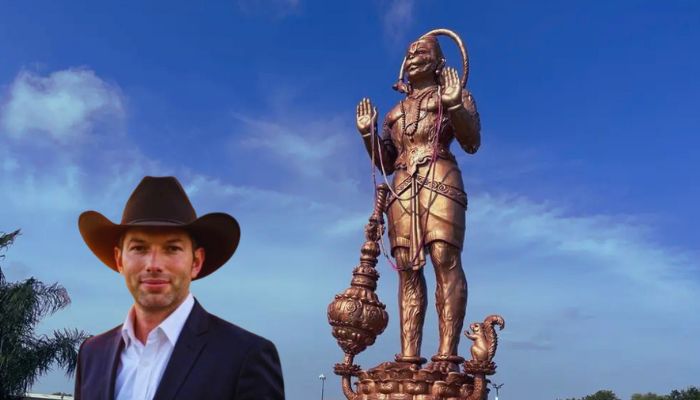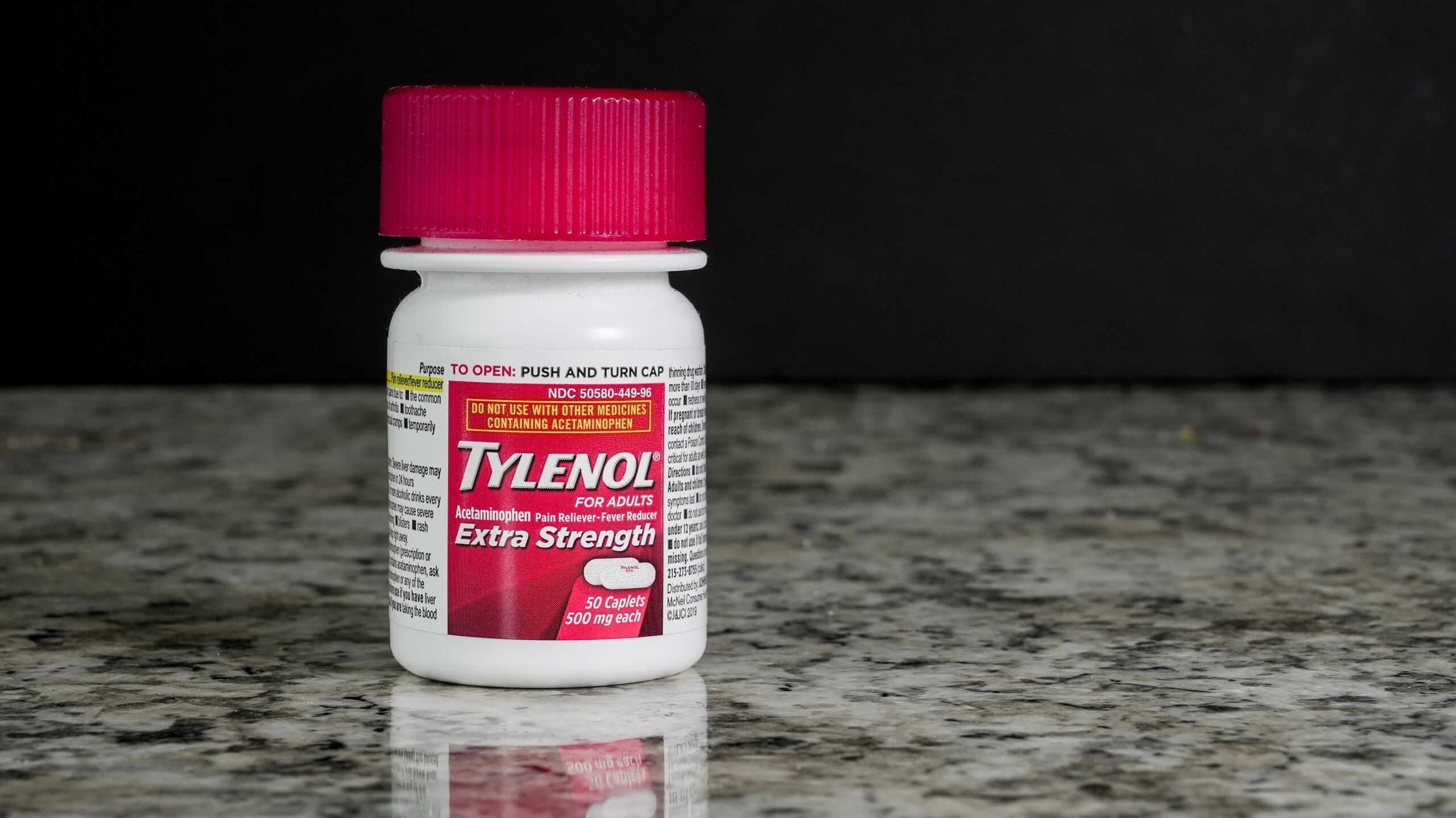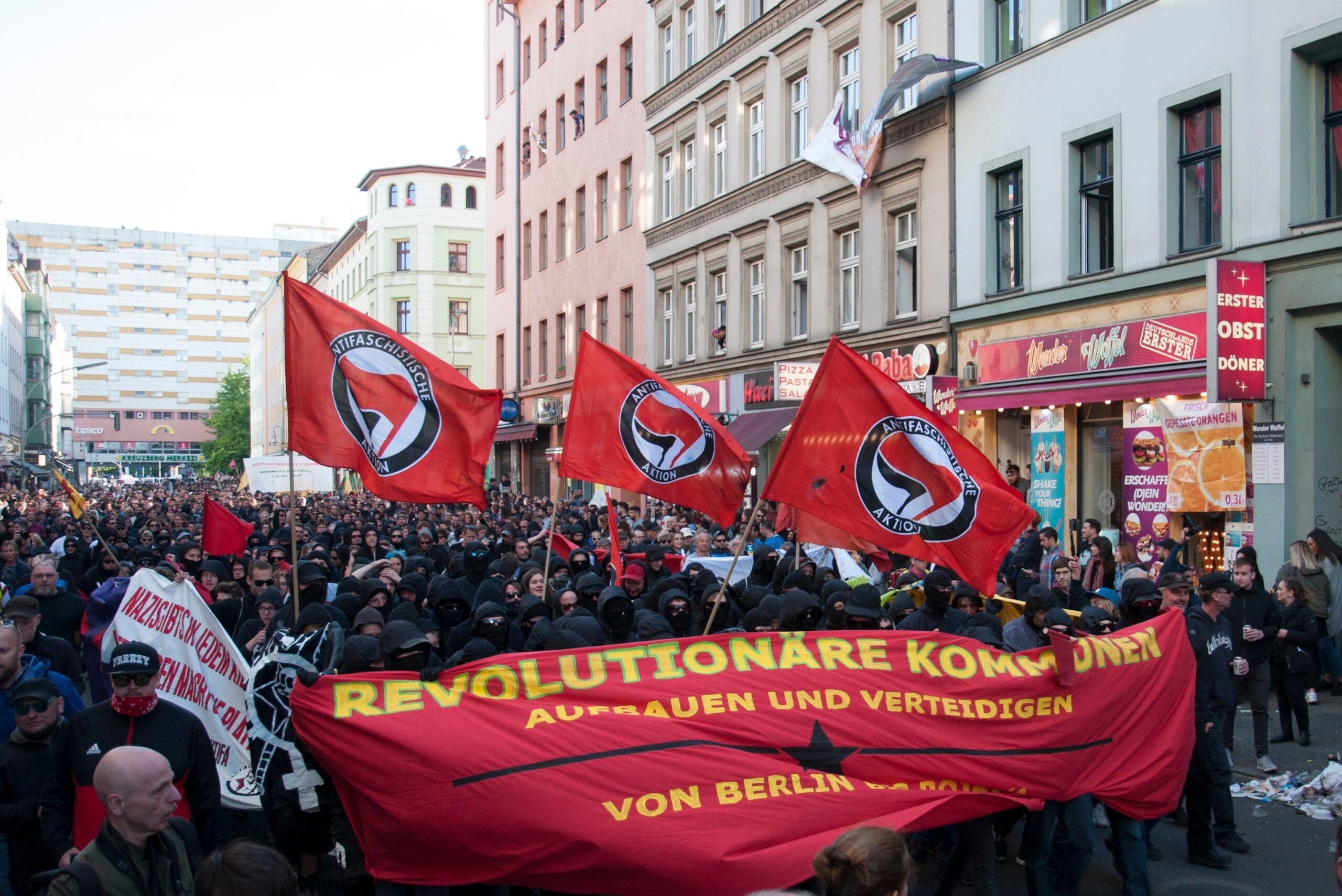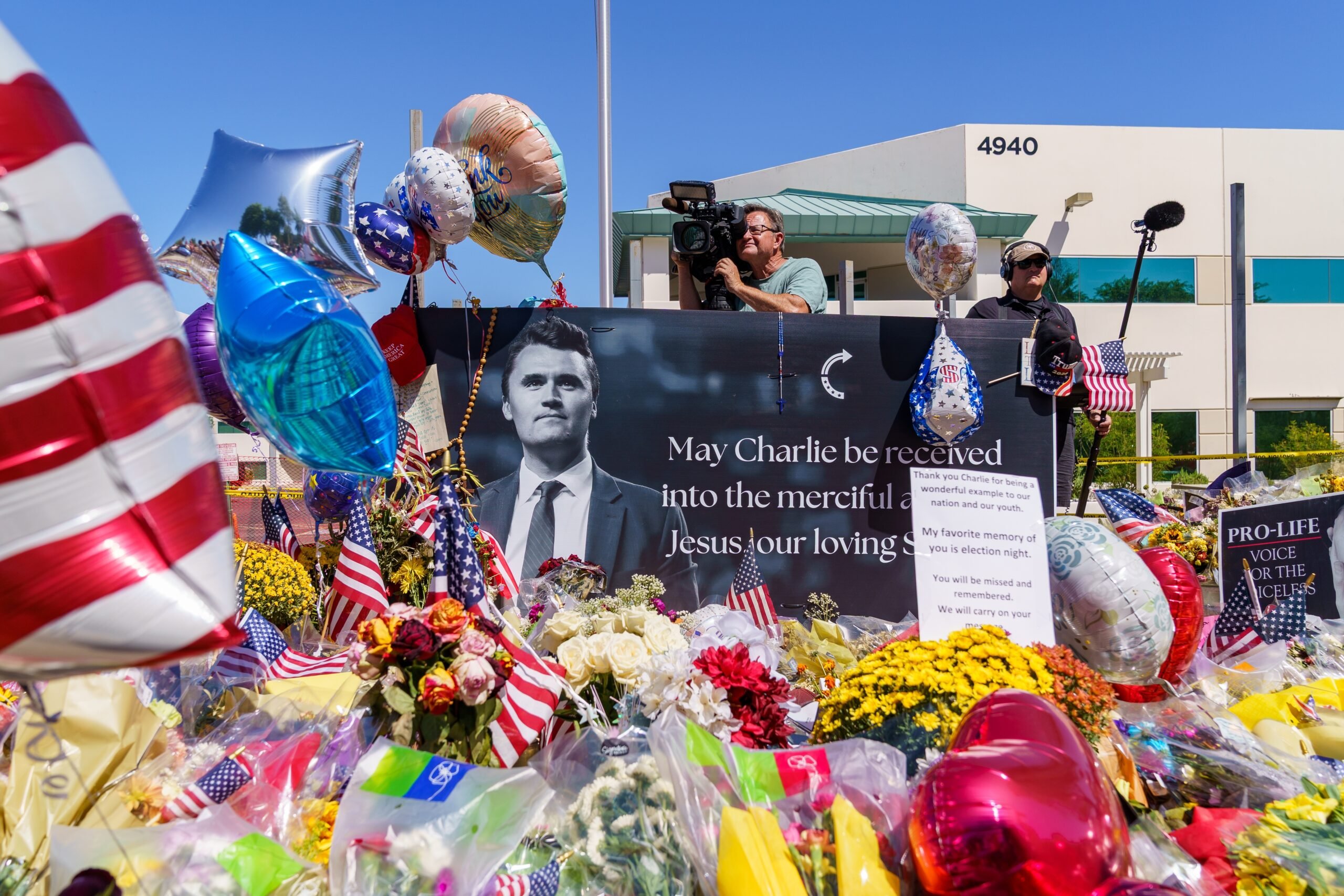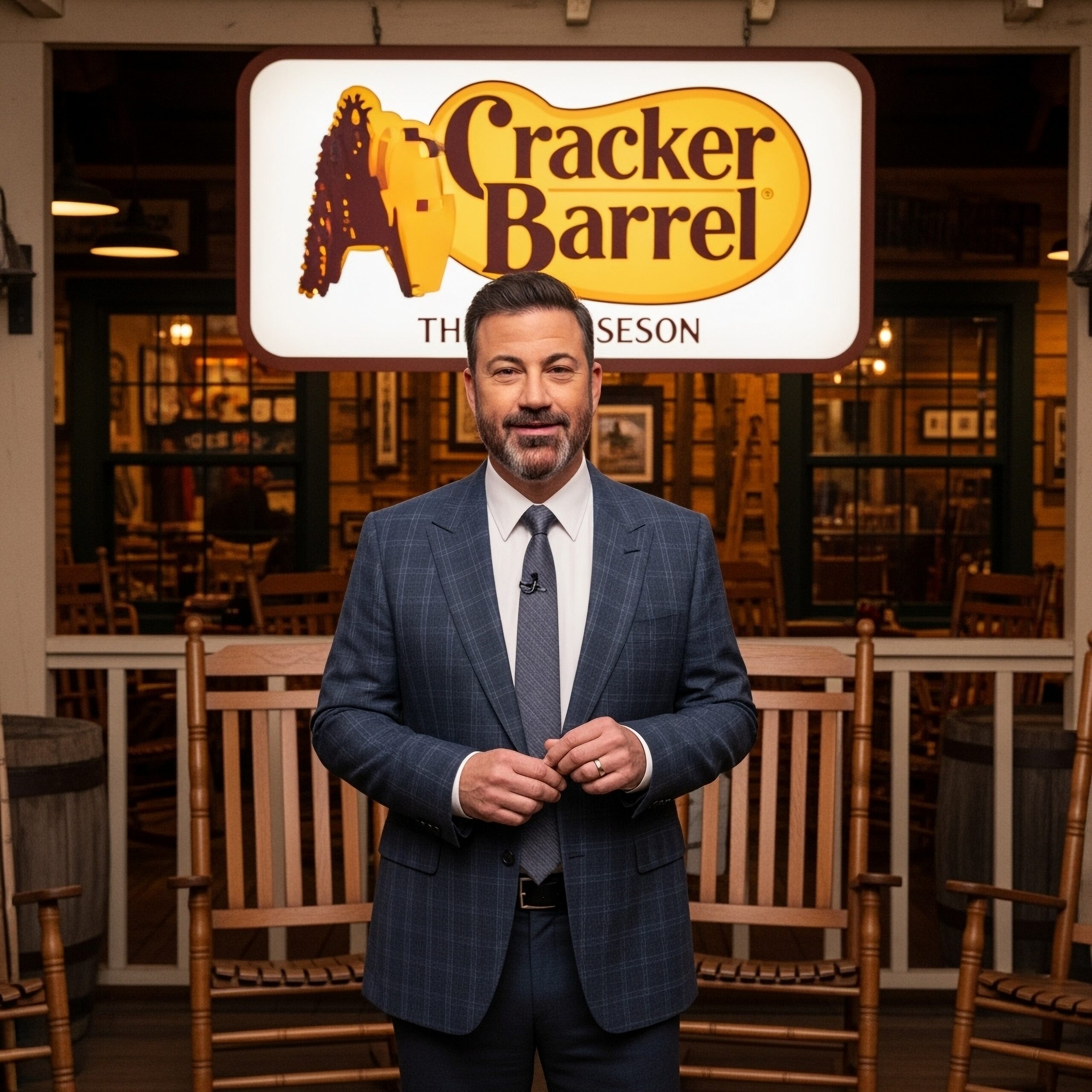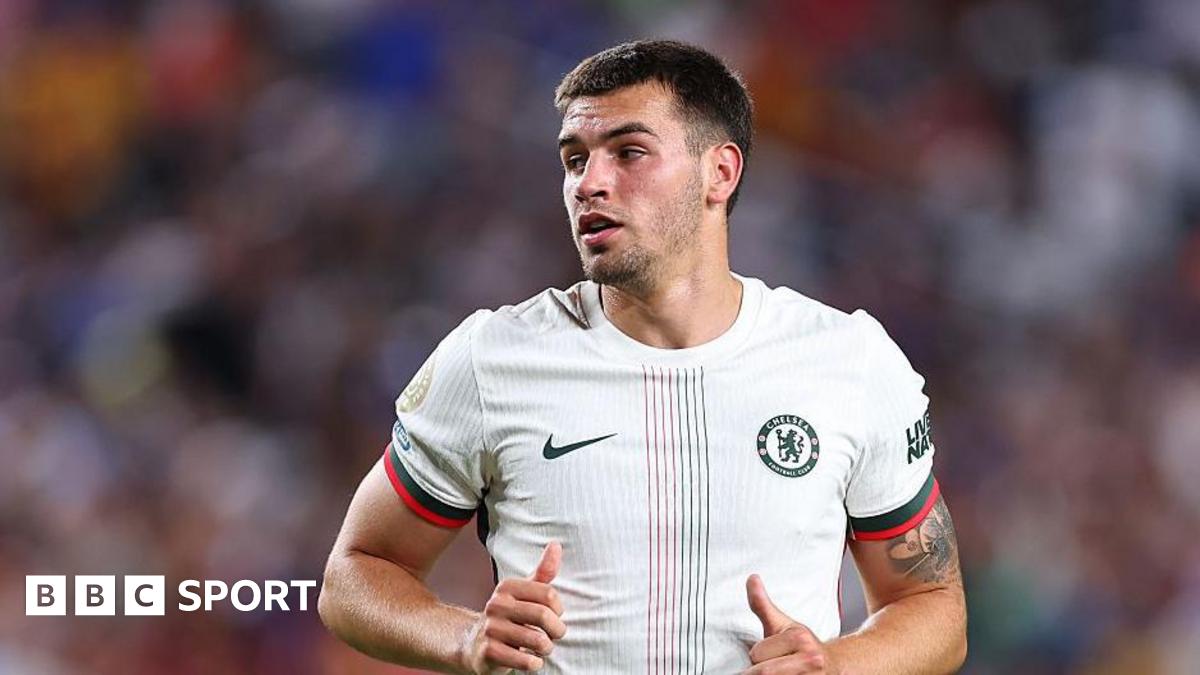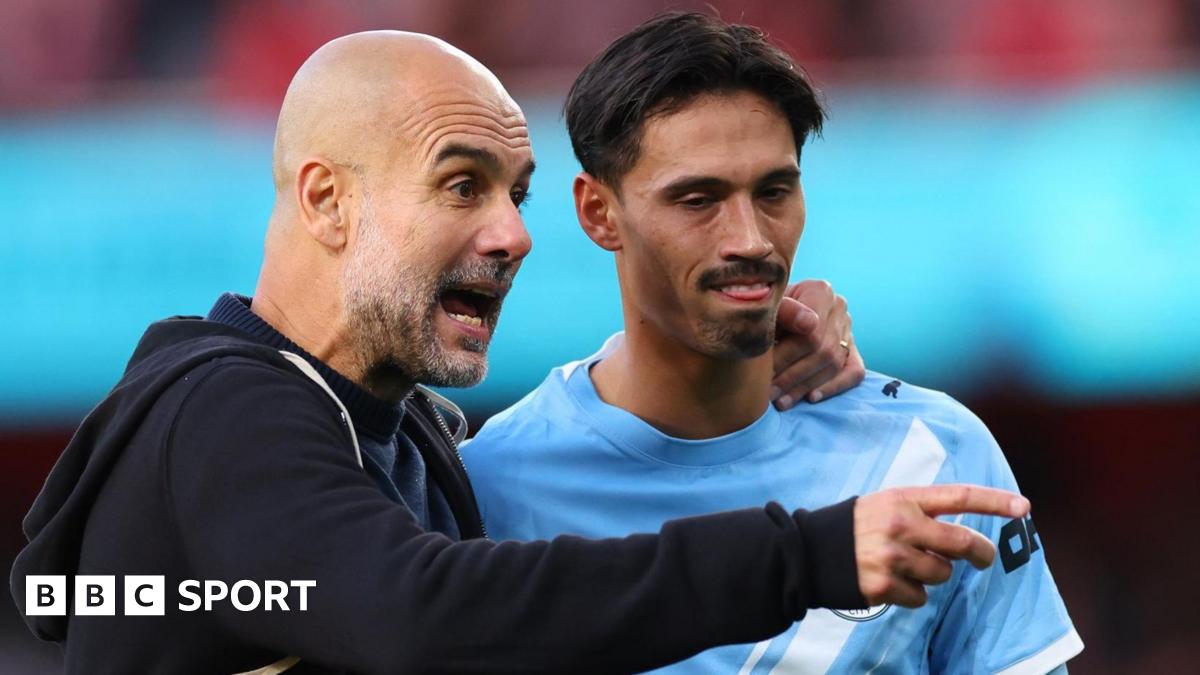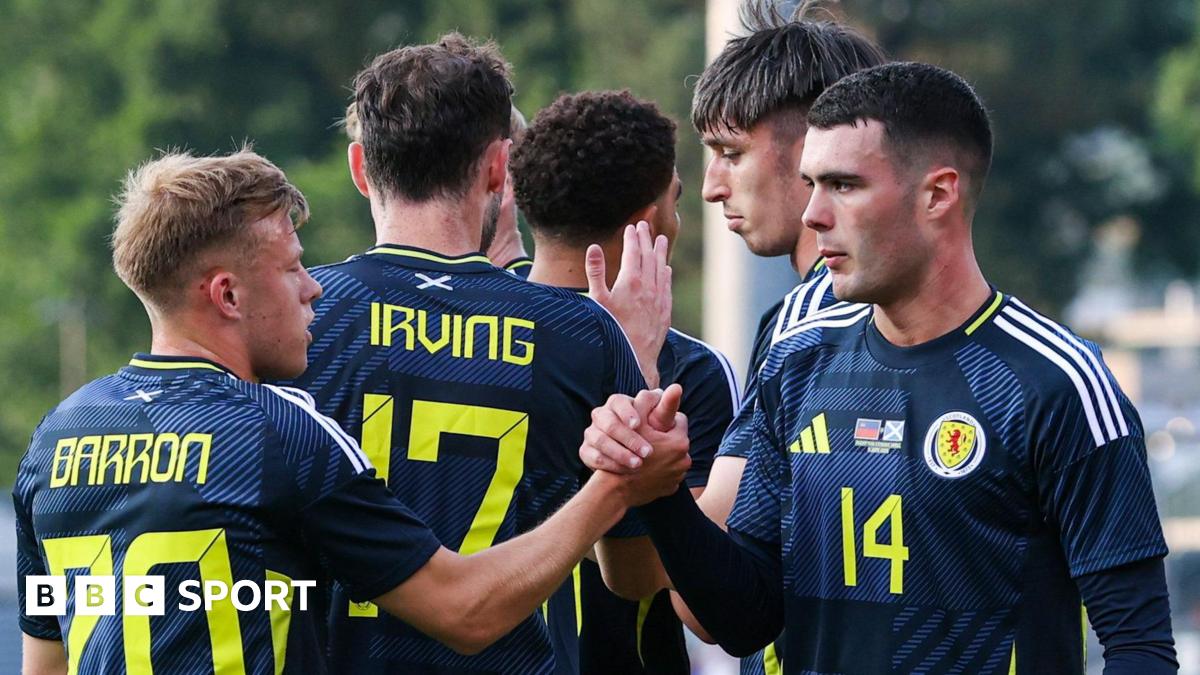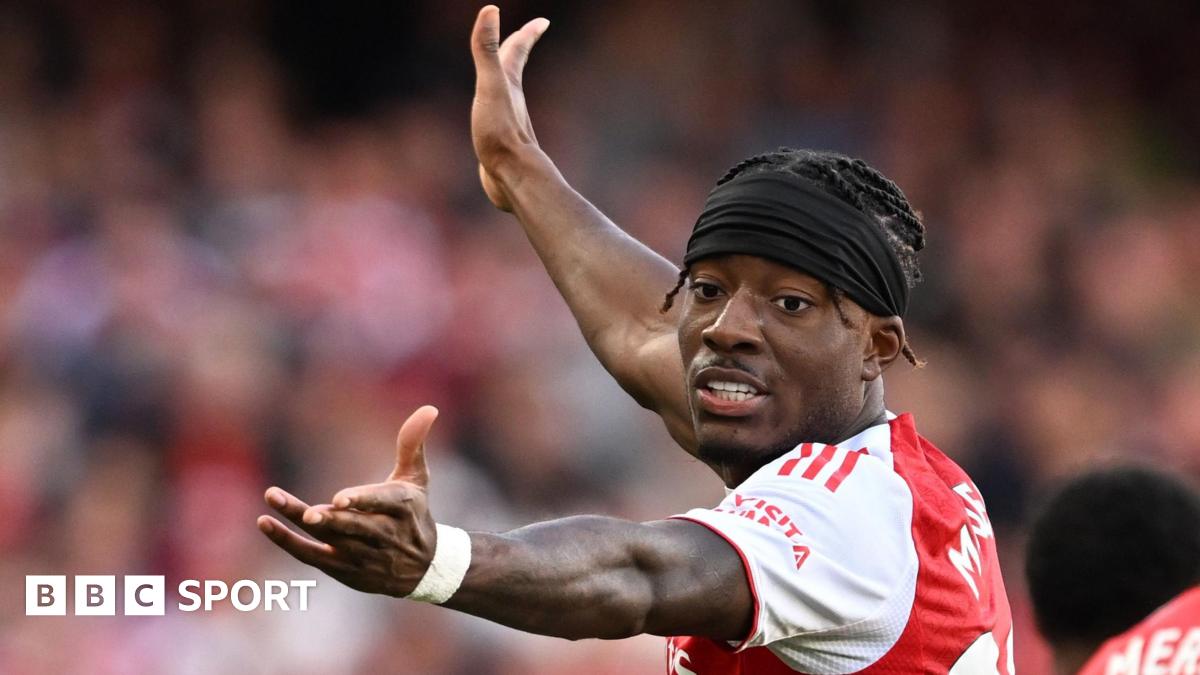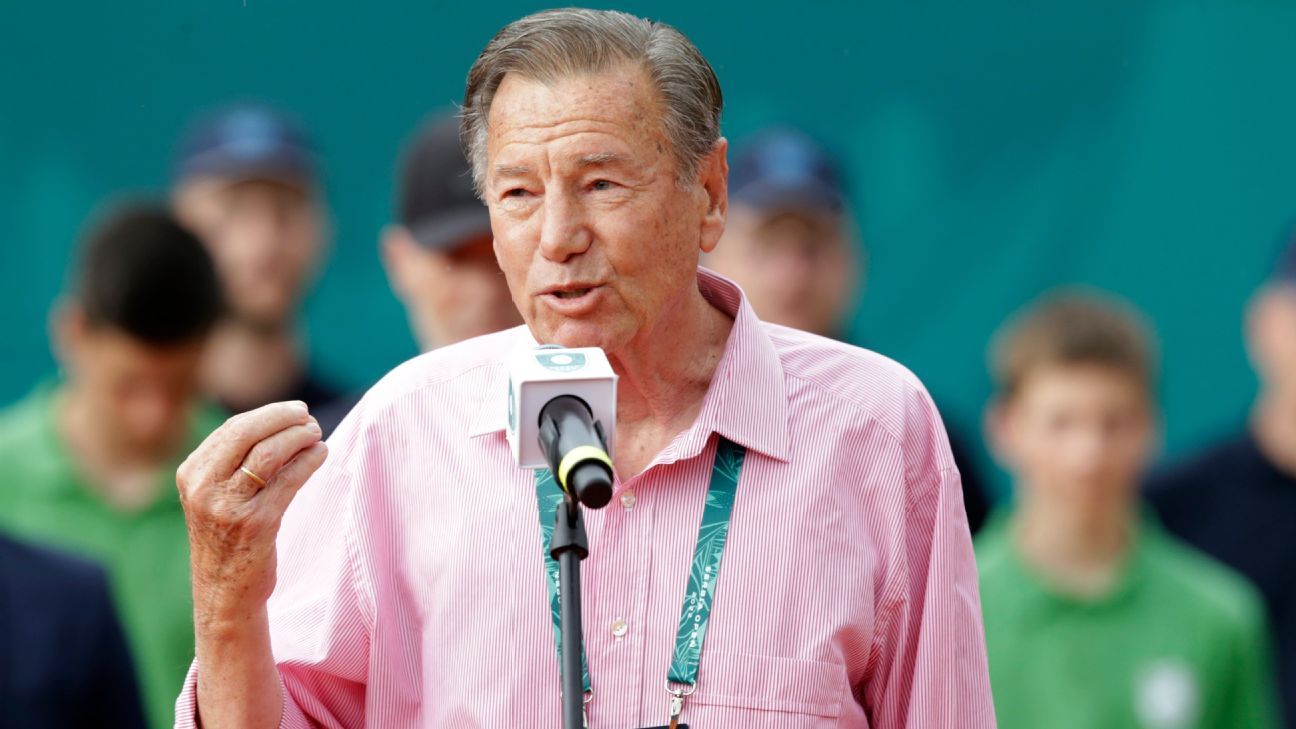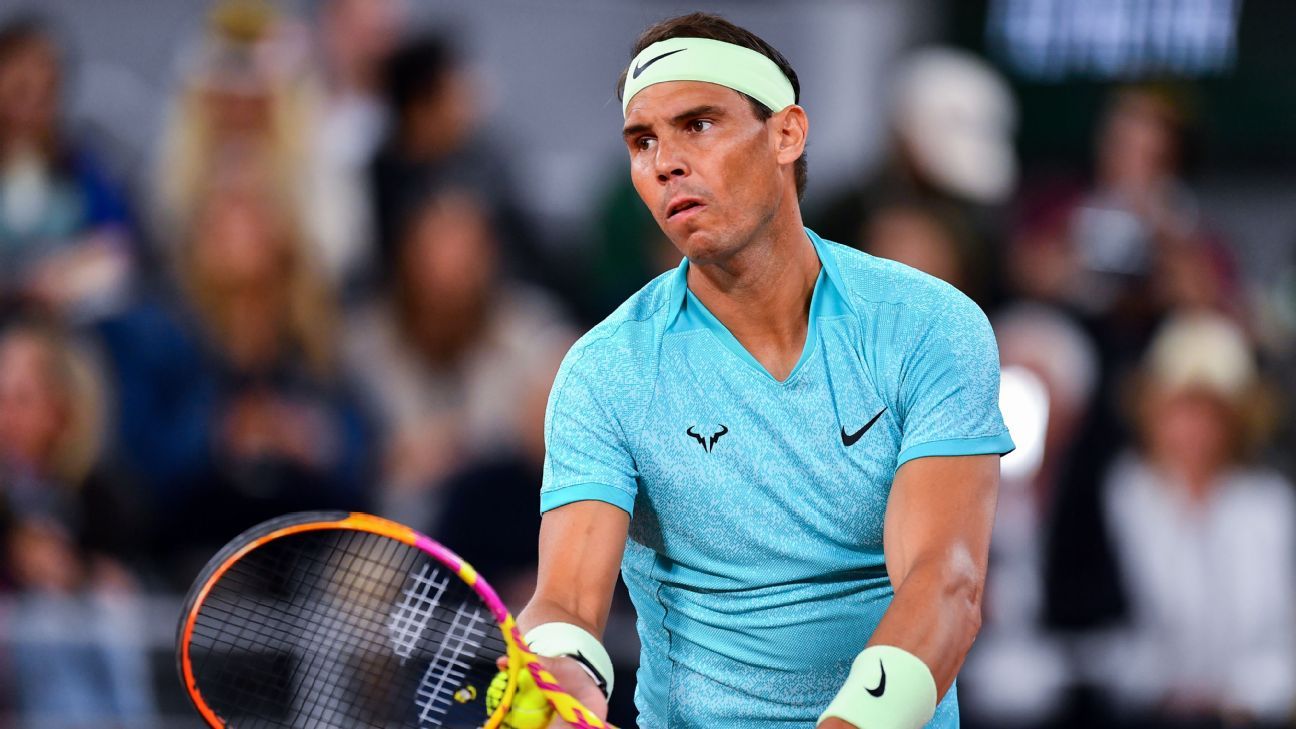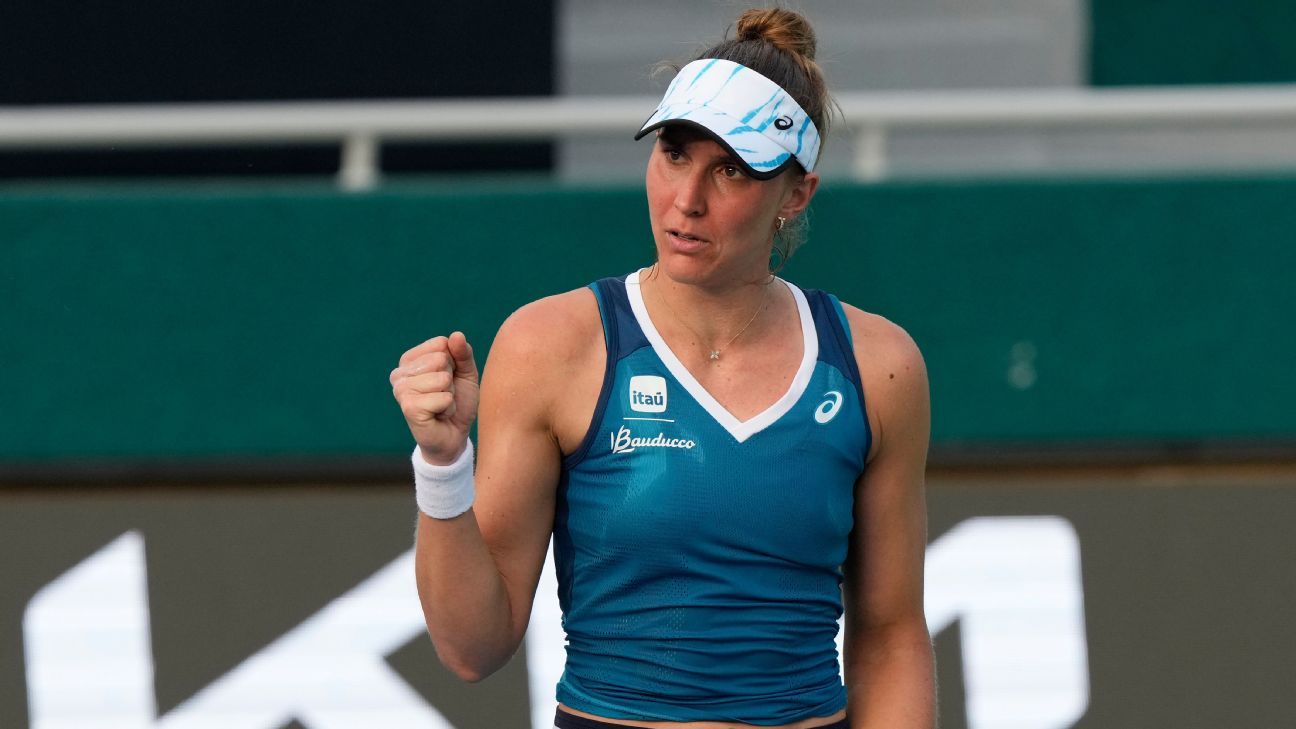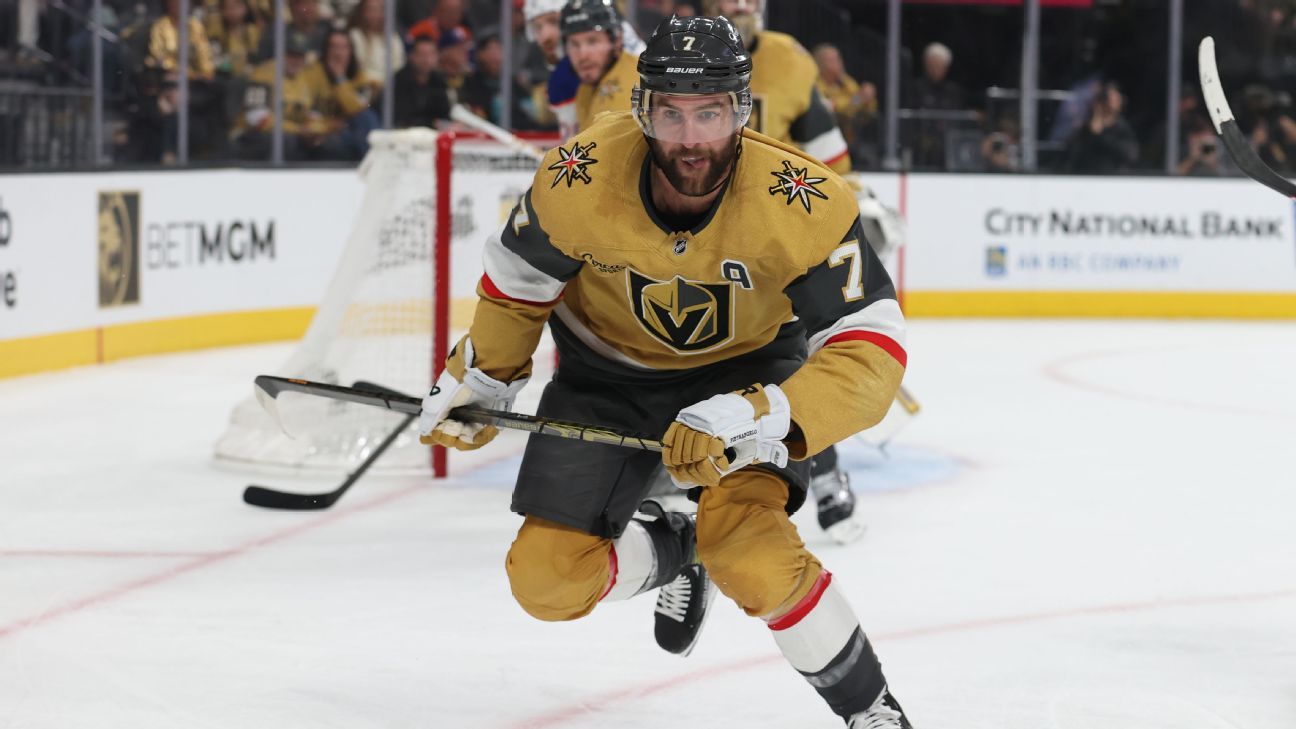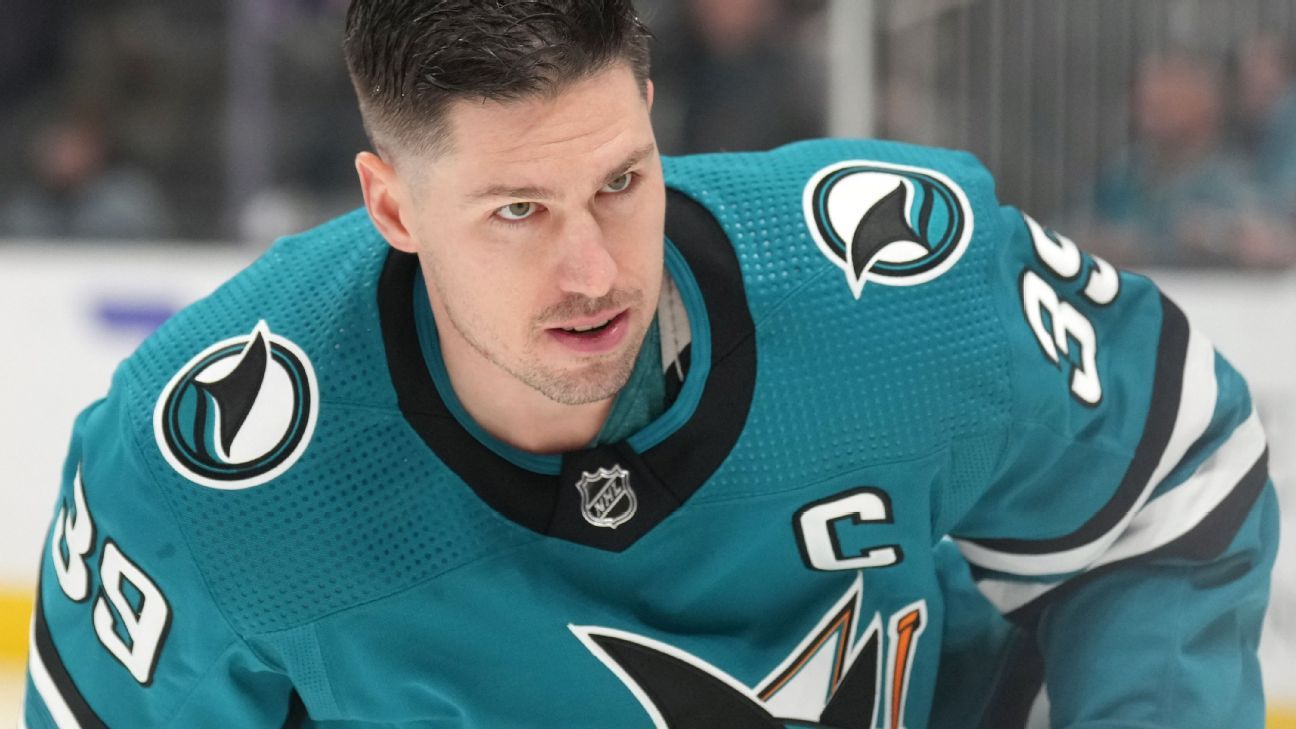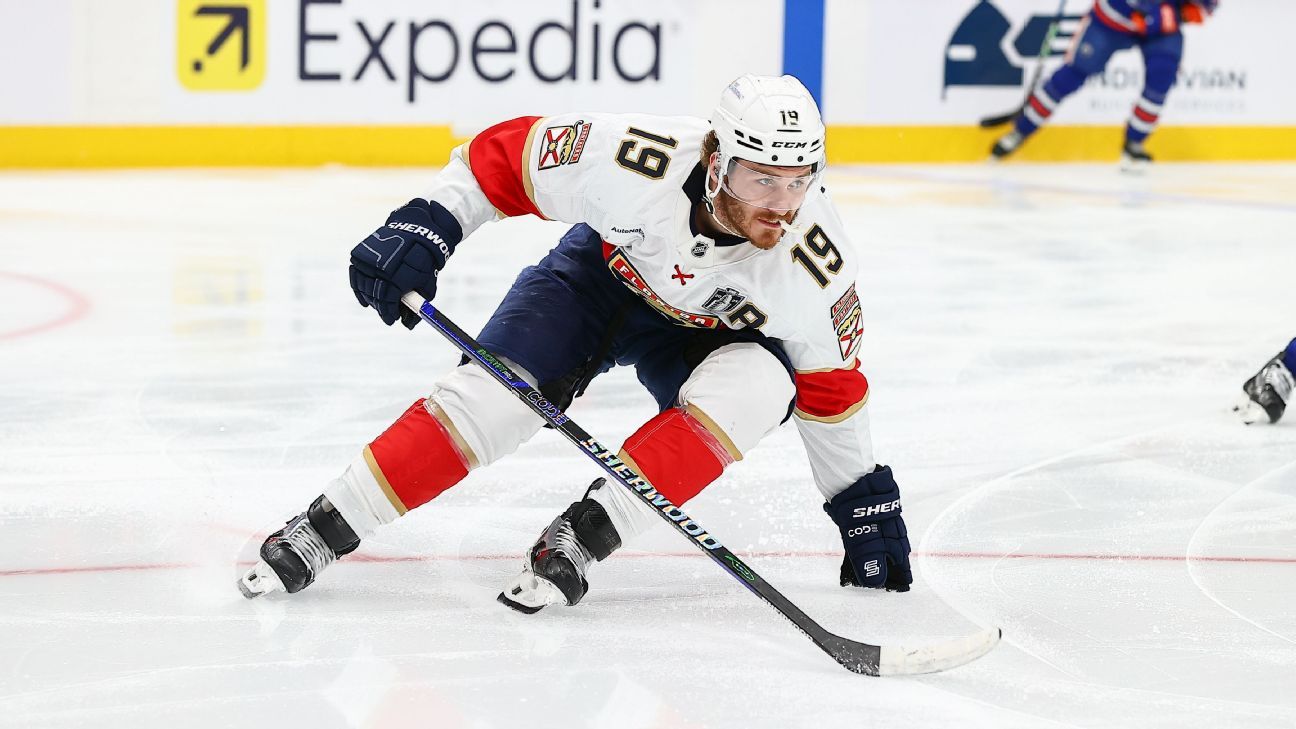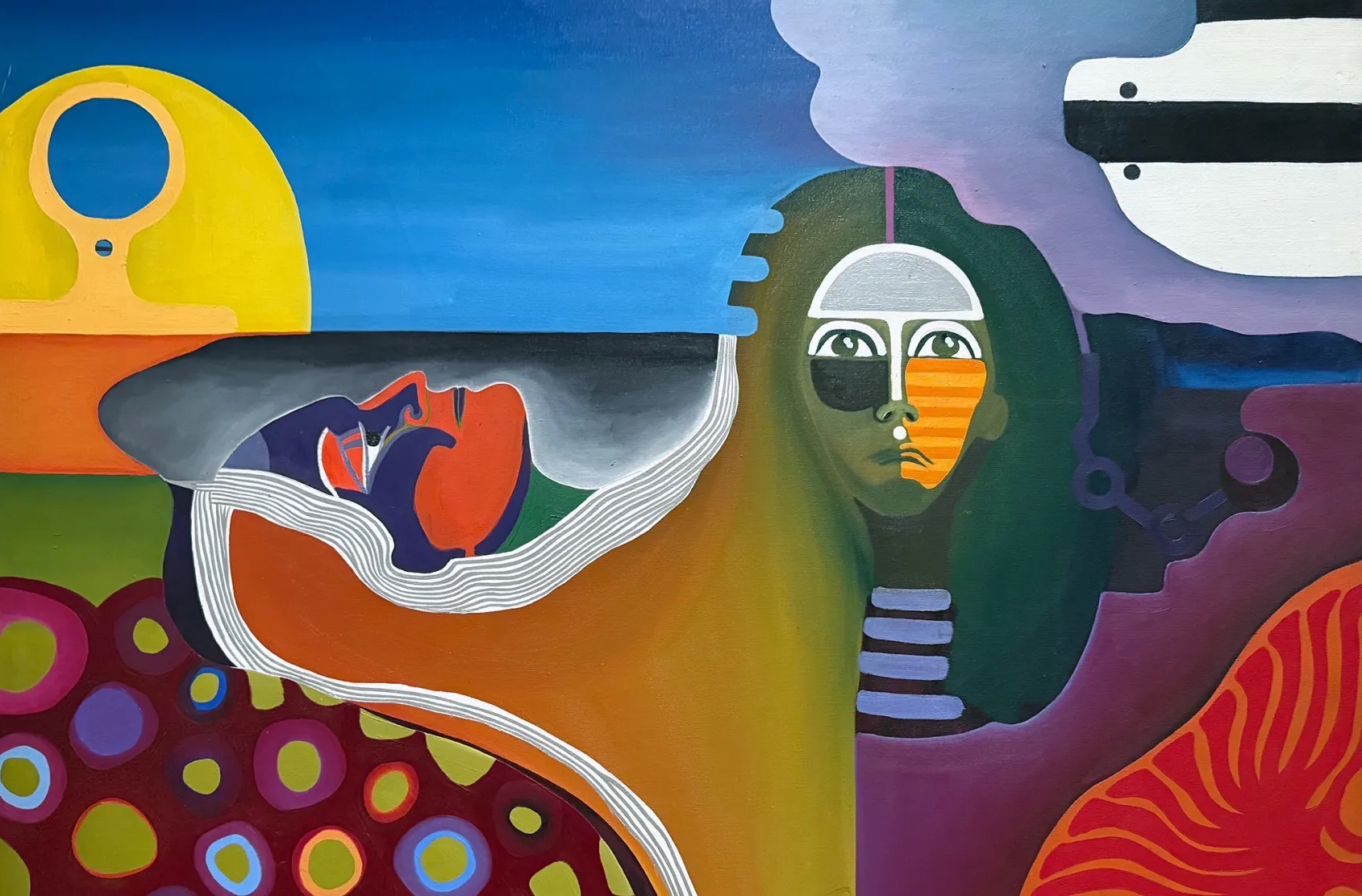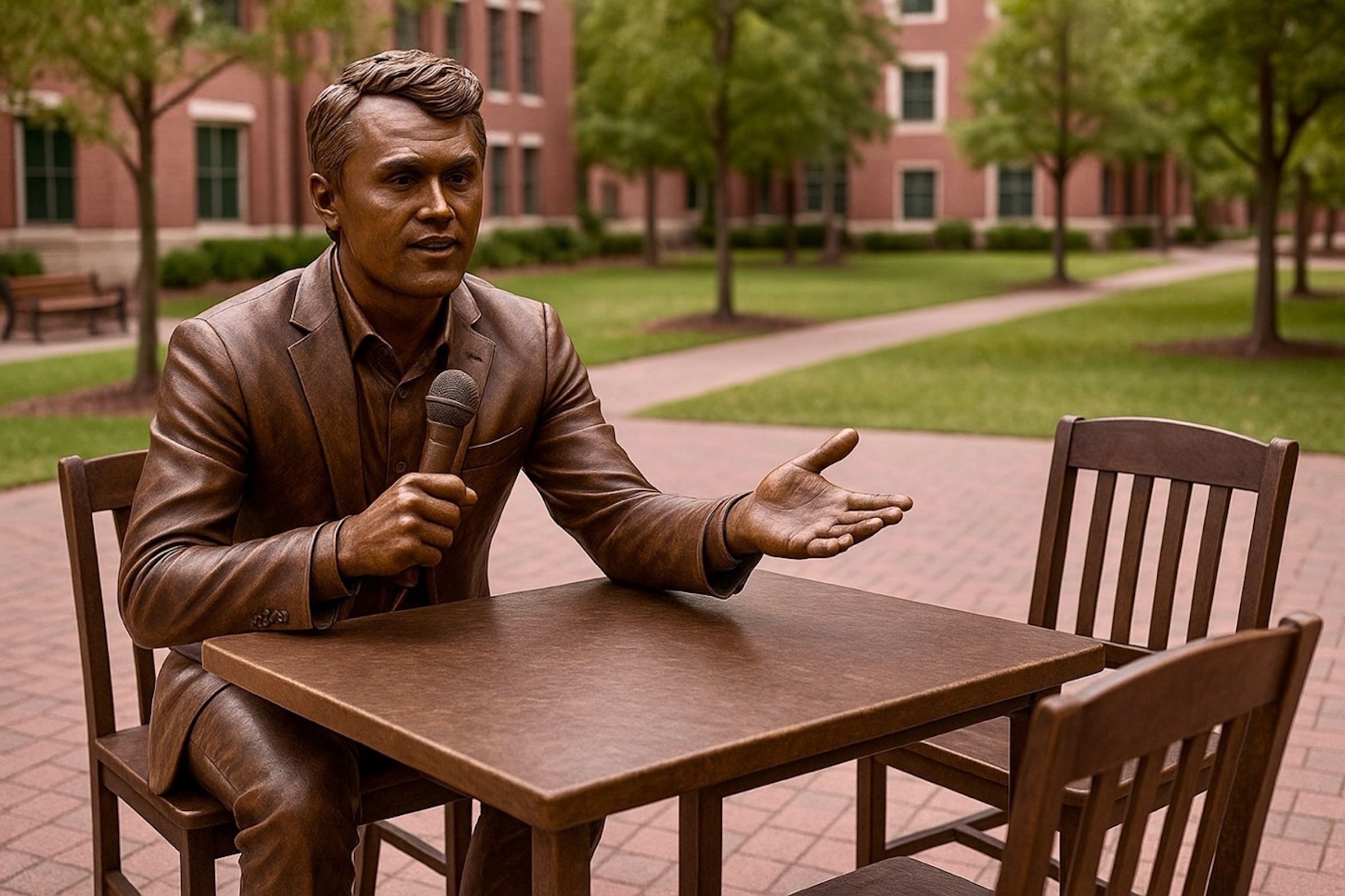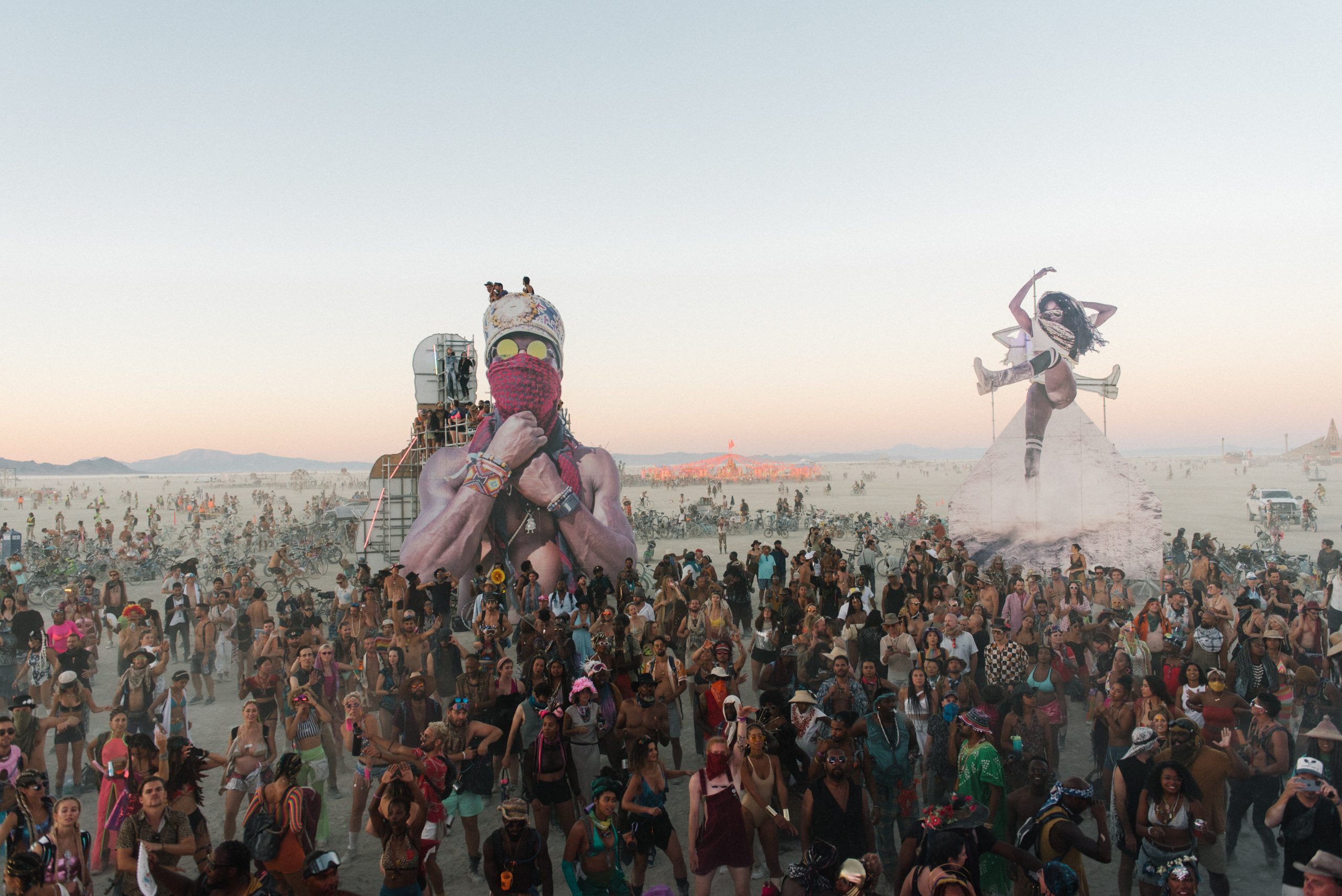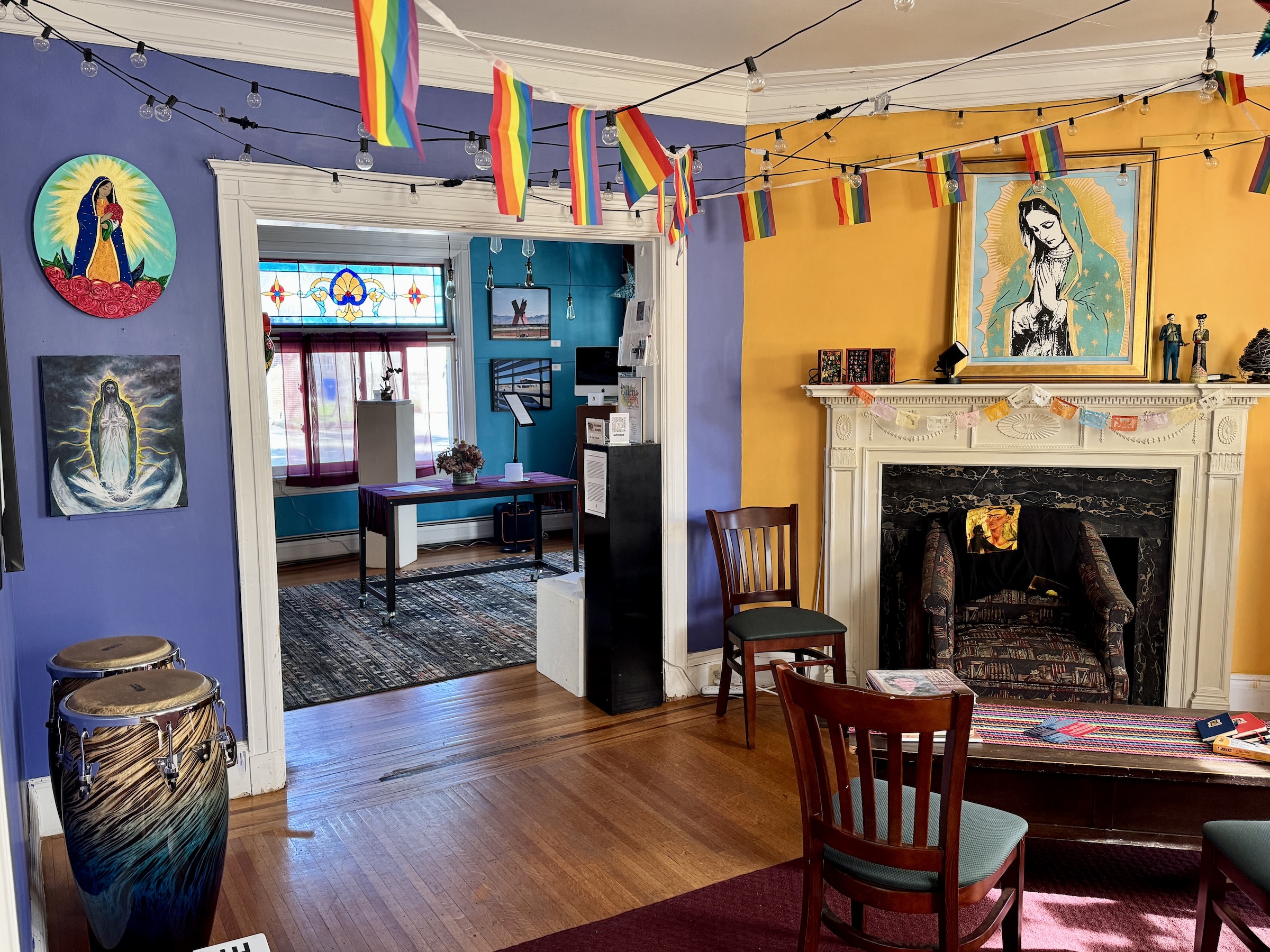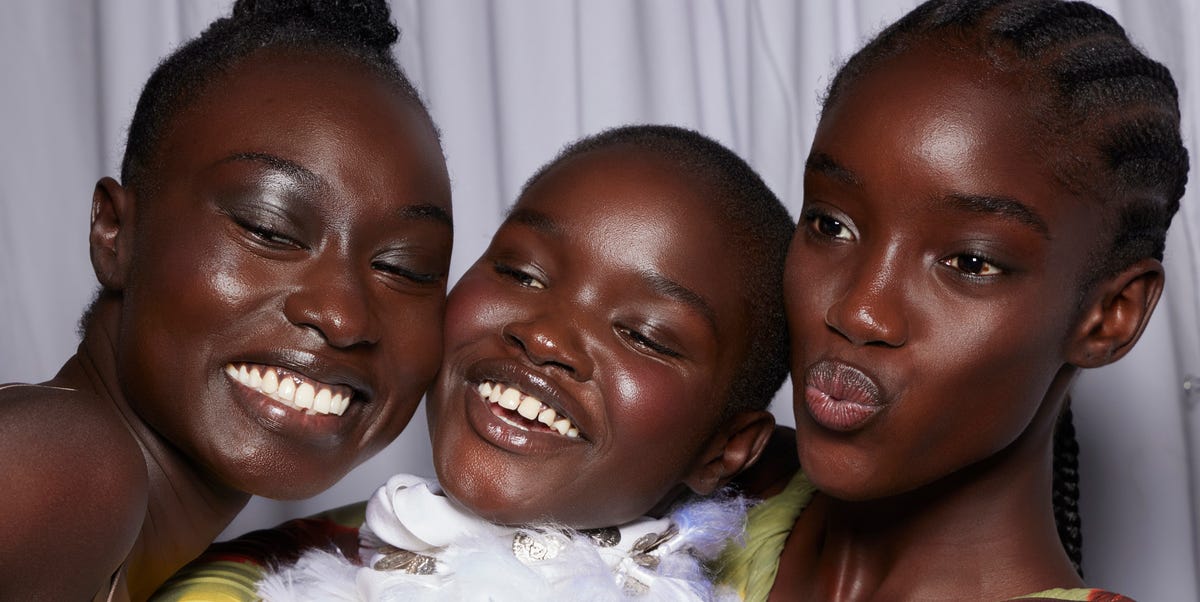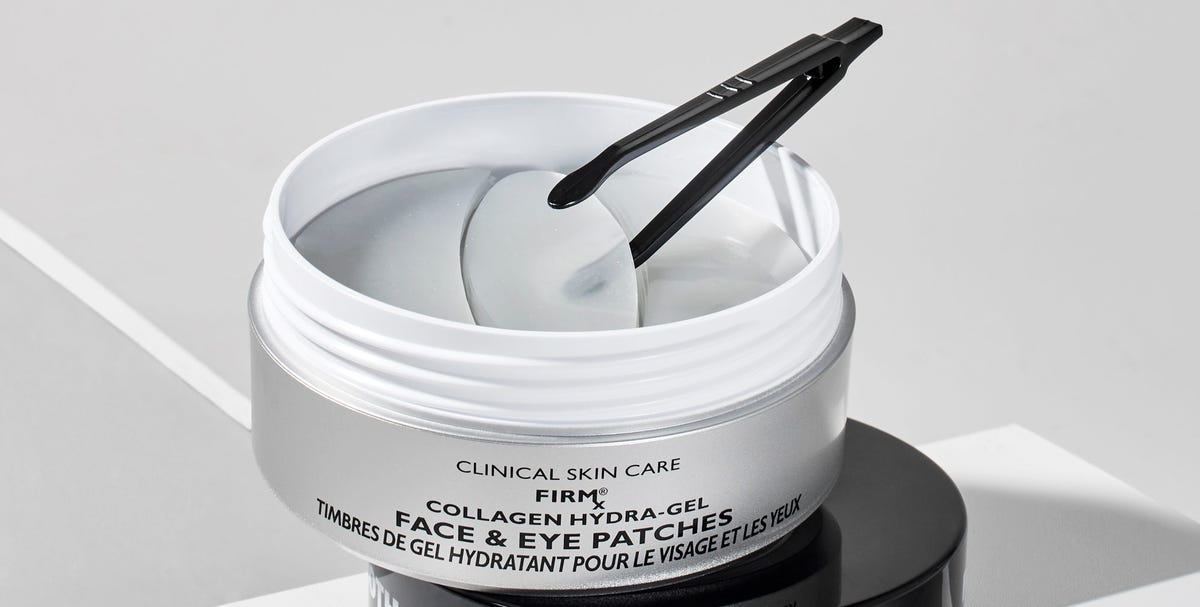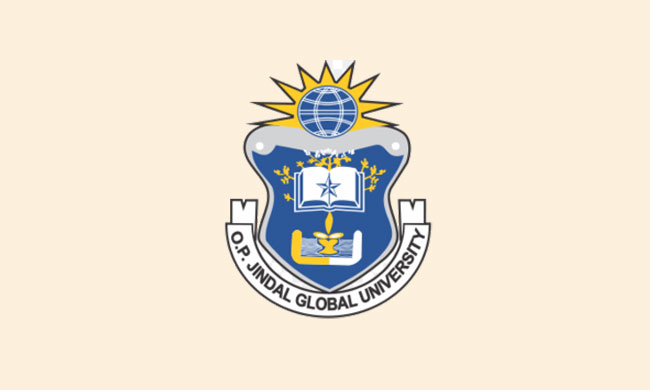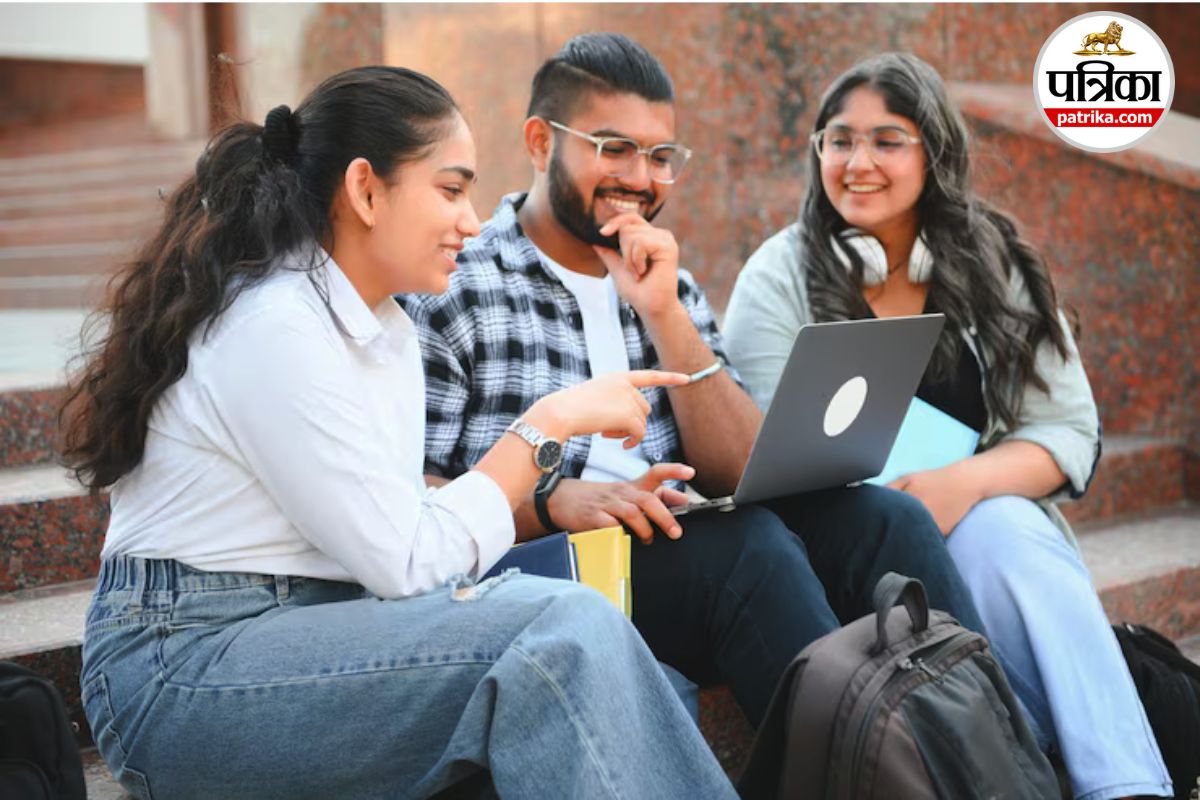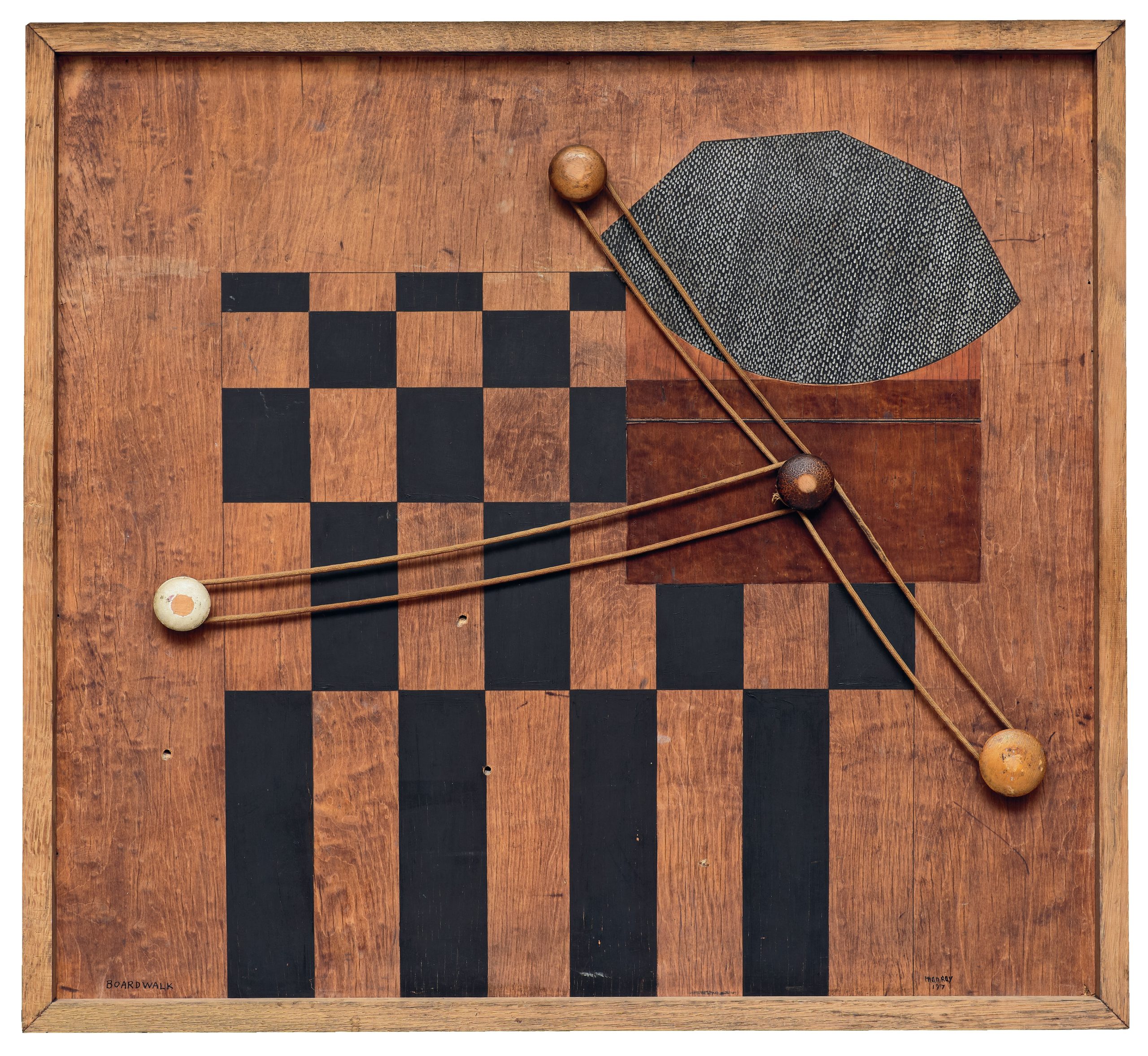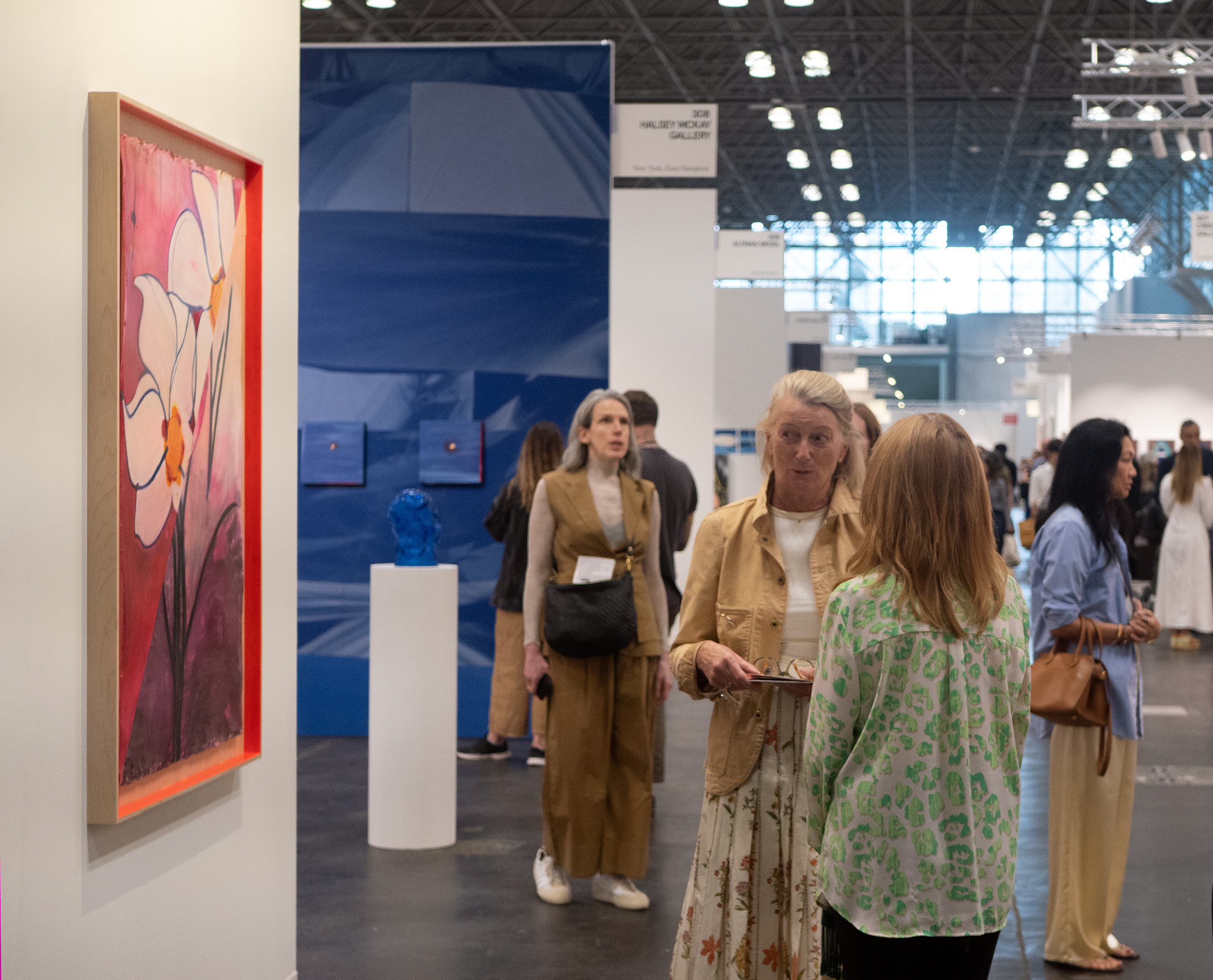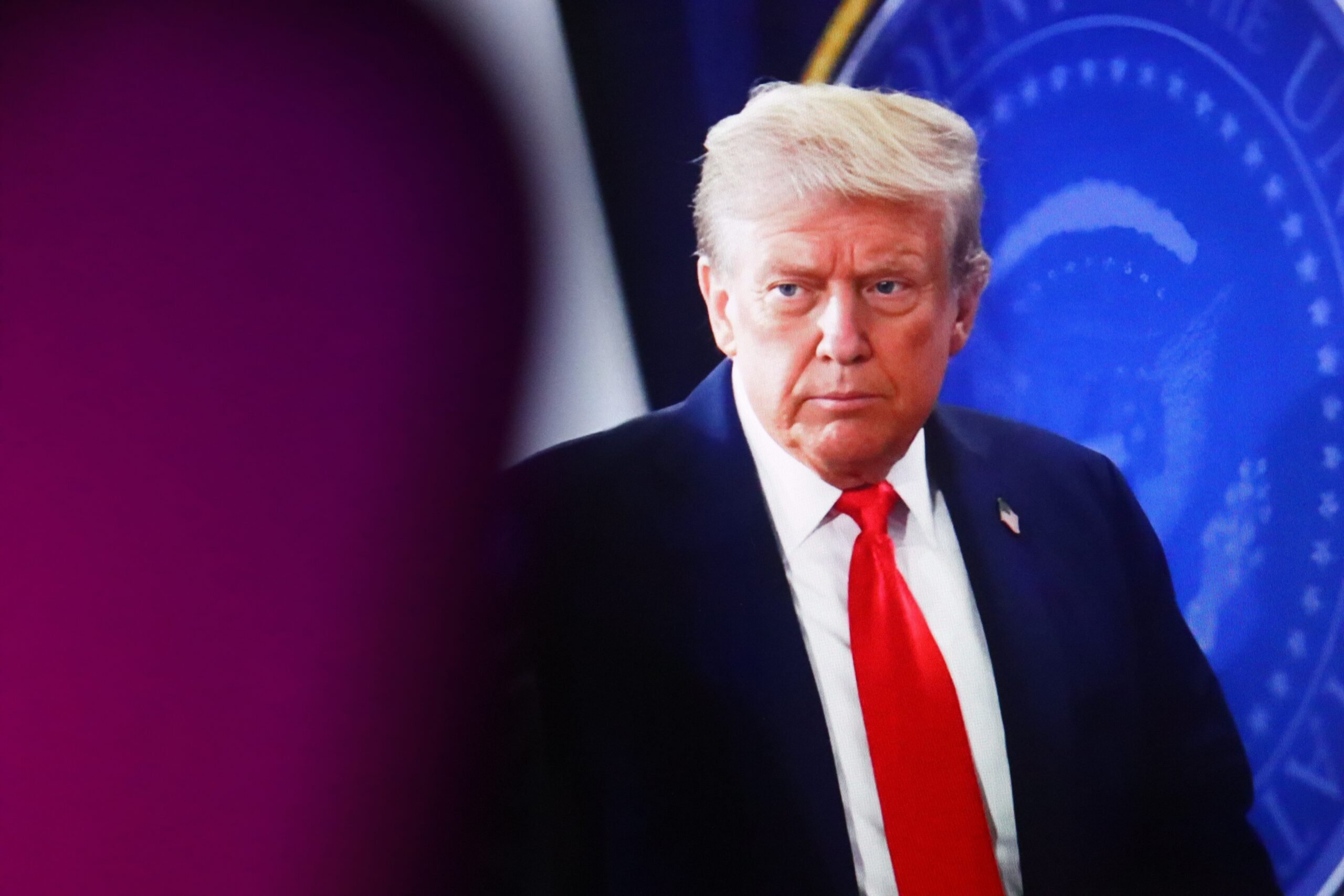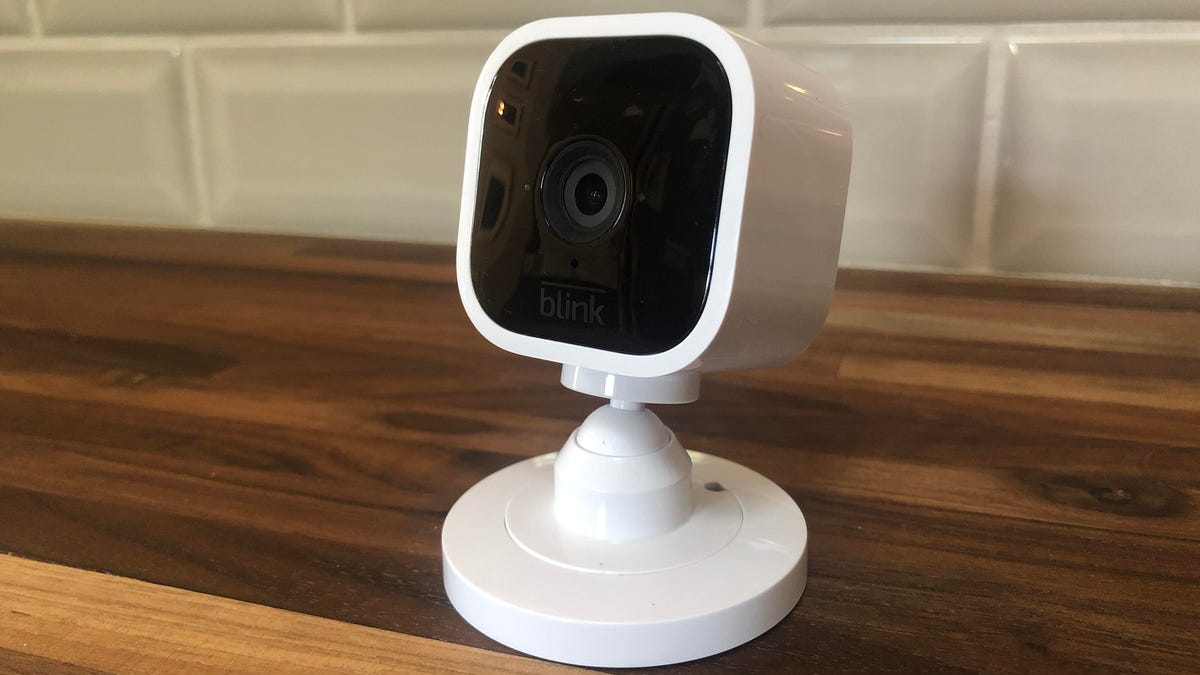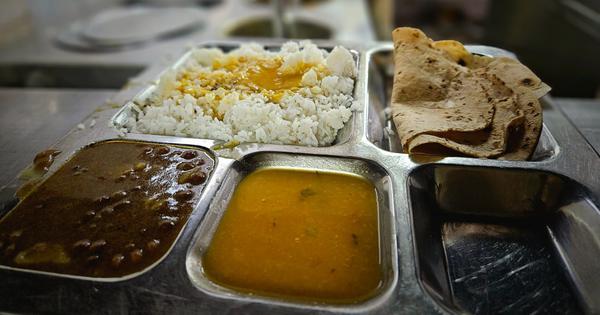Paola Velez and Nicholas Heller Find Kinship in Community
The pastry chef Paola Velez, co-owner of Providencia in Washington, D.C., co-founded Bakers Against Racism, a decentralized bake sale that has mobilized bakers around the world and raised money to support social causes. The documentarian Nicolas Heller, better known as @newyorknico, has used Instagram to spotlight small businesses around New York City, building up his […]



The pastry chef Paola Velez, co-owner of Providencia in Washington, D.C., co-founded Bakers Against Racism, a decentralized bake sale that has mobilized bakers around the world and raised money to support social causes. The documentarian Nicolas Heller, better known as @newyorknico, has used Instagram to spotlight small businesses around New York City, building up his own city-spanning crew in the process. They’re both connectors — even if they weren’t always — and New Yorkers at heart, despite life having taken them elsewhere at times. Recently, they connected with Eater and found shared ground in their love of film projects and their misadventures with transportation when visiting Los Angeles.
Paola Velez: Community is the only thing that you have when you’re growing up in the Bronx. You become connected with other families that immigrated here to the United States. You have to, you know, go to the neighbor’s house because your mom has to work late, or your friends come to your house because your mom isn’t working a shift that day. If you didn’t have sugar, you could ask for some.
For me, it’s very easy to build community, because I know what it feels like to have that community around you, versus trying to make a village and not wanting to be a villager.
Nicolas Heller: I grew up in Manhattan, around Union Square, and that was kind of all I knew up until college. I moved to Los Angeles for six months to try to make it as a music video director, because things weren’t really working out in New York. Out there, I never felt so lonely in my life. It wasn’t until I came back to New York that I realized what community was, and that’s when I started working on this web series where I profiled interesting New York City street characters who I’d seen all throughout high school, and started getting involved in their worlds.
“Once I got into a position where I could connect people because of my big Rolodex of New Yorkers, I started doing that as well.”
I met this gentleman by the name of Clayton Patterson. I would say he’s the documentarian of the Lower East Side. He’s in his 70s; he’s been documenting since, I guess, the ’90s. He loved connecting people and connecting dots and he was very selfless and knew who to introduce people to. I feel like that brushed off on me, and once I got into a position where I could connect people because of my big Rolodex of New Yorkers, whether they’re artists or entertainers or writers or whatever, I started doing that as well.
PV: I have never lived in LA, but I don’t think I could do it either. I’m too blunt.
NH: Yeah, it was hard. I moved out on a whim. I didn’t have my driver’s license — failed three times while I was out there. I shared a room with someone. I biked everywhere… It’s not a very bikeable city.
PV: Apparently, it’s not walkable either. I get walk-shamed.

NH: I wasn’t booking any work either. It wasn’t for me, but I do owe LA a lot, in the sense that I wouldn’t have appreciated New York the way I do if it wasn’t for another city. I mean, there are a lot of New Yorkers that figured it out. I was in LA for a shoot and the Knicks were playing the Pacers in the second round of the playoffs. I went to a Knicks bar, and it was like, all these New York transplants.
PV: I will say, when I work in LA, I do have a little community there too, but it’s usually LA natives, not folks that transplanted there. Folks I find in LA and build community with, it’s almost like they can let their guard down. They’re like, “So much of the community in LA are people that come in, they just want to use you.” And I’m just like, “Girl, I don’t even want to be here. I’m just here for work.” It’s really nice to be able to build community in places that are outside of New York, even if it’s for a moment. I think I’m about to hit nine years in D.C. The first half of it was really hard. I was homesick. I was a broke line cook, so it was awful, you know what I mean?
Once I changed my job from behind the scenes to in front of the camera, it opened up a lot of opportunities for me to go back home. I still appreciate New York a lot, but I know that I would have to be, like, filthy rich to move back. I would have to be rich. I don’t know if I have the hustle in me anymore. When you come back to D.C., there’s a level of comfort; you can relax. I’m in New York and I’m tense. But New York is lovely. I find that I make the best content when I’m there; I have more inspiration.
“You can grow into a different version of yourself. Also, Instagram is growing around us, so why not?”
NH: Yeah, I feel like I’m starting to slow down a little bit with age. You know, when I was a young whippersnapper, I was just outside all the time, spending every waking moment running around the city, and now I don’t. The stamina isn’t as good as it once was, but I’m more interested in more long-term projects now too. I went to school for film, and the goal was that I was going to be directing movies, and then I just got sidetracked with everything else that was happening in life, mainly the Instagram [account].
I’m focused on developing longer-form projects. I’m working on a movie right now, and in October, I had a book come out that I worked on for, like, three years. All the work I’m gonna do is gonna involve the same people and the same things that I’ve been doing on Instagram; it’s just a different medium.
PV: I think that’s growth. You can grow into a different version of yourself. Also, Instagram is growing around us, so why not?

NH: And you know, the algorithm has changed. The stories that I really care about on Instagram don’t get seen as much as they used to and it’s a bummer. I would rather make a full film, whether it’s a feature film or a short film, that I put more time into and has more of a payoff because I could put it into film festivals and have it be seen that way. That’s where I’m putting my time and energy these days.
PV: I think it’s beautiful to be able to tell those stories, regardless of if the algorithm rewards us or not, right? Somebody asked me on set, “How do you feel after winning the James Beard Award [for Bodega Bakes]?” I don’t think that the award gives me the qualifier of being enough. Me publishing the book, telling the story, regardless of if it got accolades or not — that’s enough. That already is an accomplishment within itself.
Since you wrote a book, you know how much work goes into just getting the photographer or choosing the paper. I think that’s the whole thing: We have to start pulling away from the snappy, viral moment or having a lot of views and just tell our stories. Because that’s how we started on the platform and how we should end on the platform.
“We have to start pulling away from the snappy, viral moment or having a lot of views and just tell our stories.”
NH: Absolutely, I love the idea of not spending a lot of time on a project so that I can do more. That’s why telling these short, quick stories on Instagram appealed to me. But when I did this documentary, it felt a lot more rewarding. It hasn’t even come out yet, but it feels more rewarding. When I do stuff for Instagram, it’s just me, and when I work on a film like this, it’s with a lot of people. I have this community of filmmakers, and we’re making this film together. It’s a different type of serotonin rush.
PV: Some of the most fulfilling work that I have done outside of the kitchen has been on film projects, whether we’re filming for TV or for short-form videos for online. There’s so many different points of view and experience. I learn so much whenever I’m on set. One of my favorite things to do is when everybody wraps, I help put away equipment, I help wash dishes, I do things that most talent would scurry off [from].
I’ve seen people’s progression in the industry. Some folks were a PA, and all of a sudden they’re a casting director. It has been so fun to see that community grow around me and to see folks do what they love, work on an art form that they appreciate and that they’re good at, and then we all grow together.
I think film is one of our most eclectic art forms, because not only do we get to visualize it in real time, but you guys explain to us what we should be thinking and what we should be seeing. It’s kind of like time capsules of humanity.
This interview has been edited and condensed for clarity.
Shot on location at the Blue Room at the Nine Orchard Hotel in New York City
Featured ceramic artwork by Marc Calello, Lindsey Lou Howard
Prop stylist: Sarah Smart
Food stylist: Judy Kim
Hair & makeup artists: Lauren Bridges, Tiffany Patton
Wardrobe stylist: Marcello Flutie
Retoucher: Tomika Davis
Props: Bordallo Pinheiro, Houses & Parties



